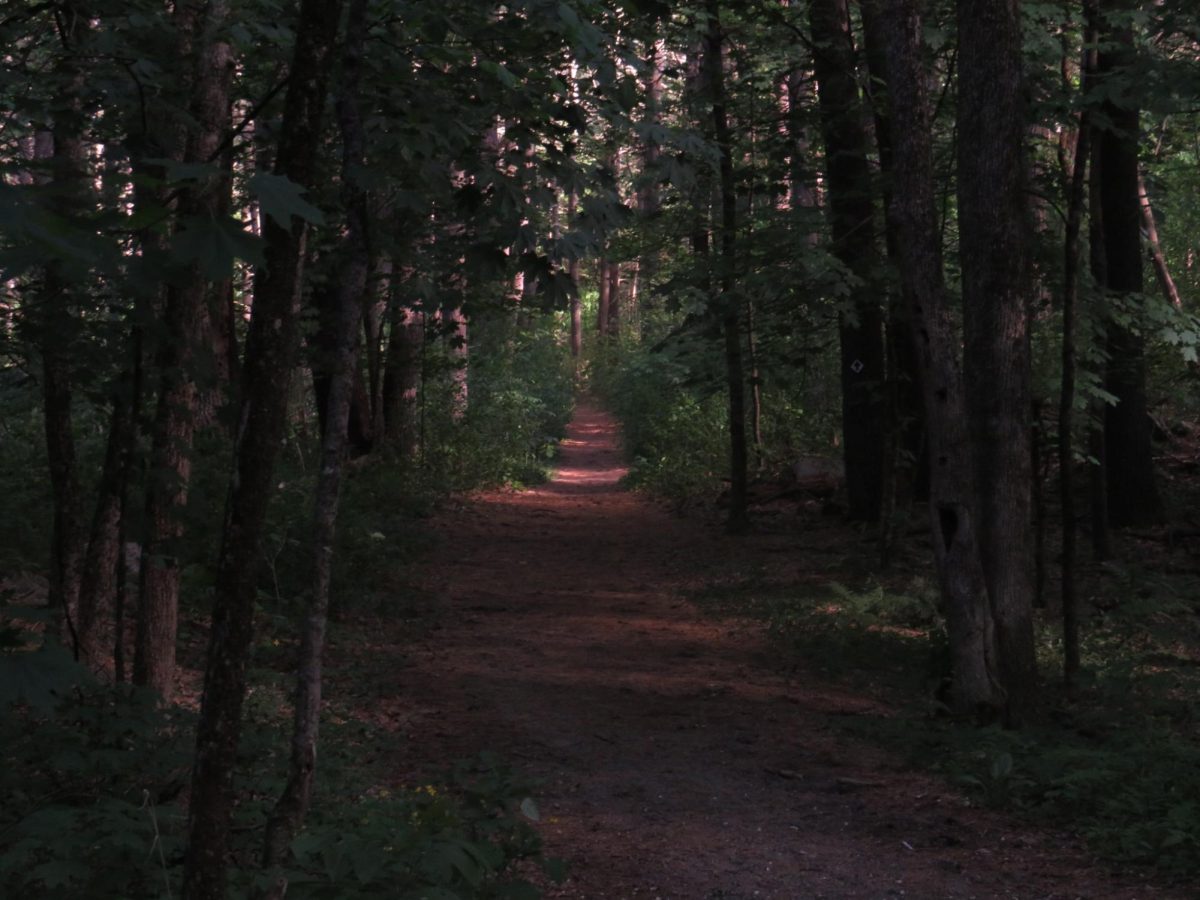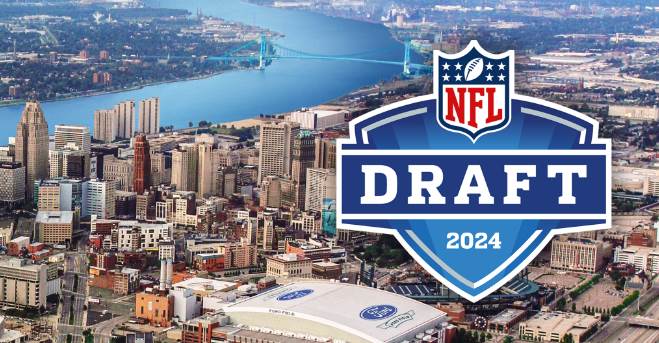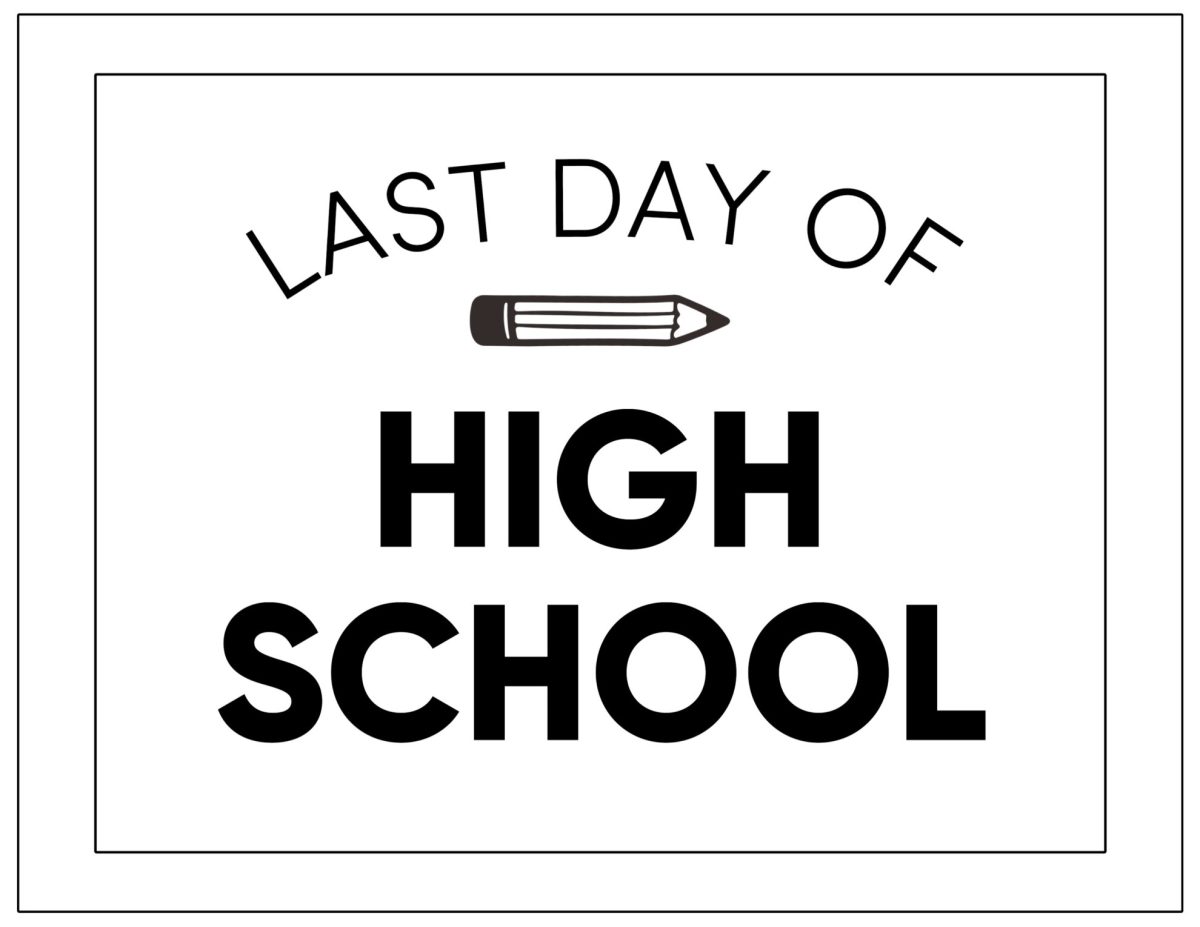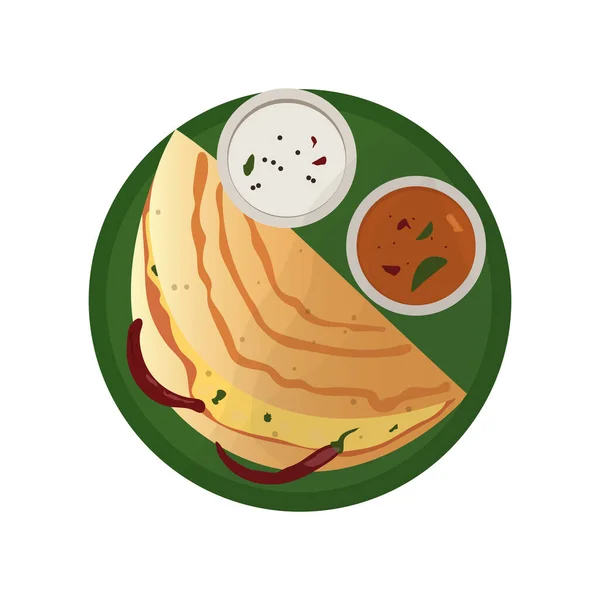by Dakota Antelman
As much good as sports can do, they can quietly tear down many athletes. Homophobia, which is any form of hate towards homosexuals, hurts through offensive words and perpetuated stereotypes and makes closeted gay athletes fear either coming out or even participating in these sports in general.
As our culture works to end homophobia, sports remain years behind. Our culture began to acknowledge homosexuality in the 1970s when the Stonewall Riots initiated city pride movements. In 1975, NFL alumnus Ersa Tualo became the first athlete in history to come out as gay. Long after that, in 2004, the state of Massachusetts started granting marriage licenses to same sex couples. Yet as all those advancements took place, little changed in sports. It was not until May 2013 that one of the nation’s big four sports leagues had one of its players, NBA forward Jason Collins, come out. Even since he has come out though, these games are still filled with offensive, homophobic exclamations that discourage, shame and further closet gay athletes.
“Anyone trying to make high school sports open to everyone should start by cleaning up the language,” said national gay rights activist and Outsports blogger, Cyd Zeigler. “Only by being respectful at all times can a team get the most out of every athlete, gay or straight.”
However many argue that the phrase “that’s so gay” no longer has any homophobic connotation. Many insist that these phrases are simply insults used when someone is acting weak or injury prone. They say that even words like “faggot” are rarely used with the intention of directly attacking a player’s sexuality.
But the use of these words, even if they are not directed at a gay player, can still cause them great pain. The use of these words when someone falls down or gets hurt begins and ends with the stereotype that gay men are weak. In using these words, a player is simply perpetuating that false and deeply offensive stereotype.
It does not matter if these words are directed at a specific gay player or someone else on the team. It is hard not to hear these words when they are being yelled on the bench or in the locker room. For gay players, the result of hearing those words can be just as devastating as they would if they were directed at that player in particular.
The casual nature with which the words “that’s gay” and “fag” are tossed around is something that pushed me deeper into the closet and tainted my desire to participate in sports.
I played on soccer teams and Hudson Dek Hockey teams for five years. However as I approached high school, I started hearing people called fags, gays and queers more and more often. Each time I would look to my coaches to say something. But though I knew that they heard the words, they said nothing, and as a result, nothing changed.
Even though I was not out to anyone at the time and the words were rarely targeted at me, it felt like the players were attacking me and like the coaches did not care about me. After that, when I was given the choice to participate in high school sports, I decided against it. I simply did not want to hear those words anymore.
This seems to be a common issue in our school. While researching this article, I was hard pressed to find openly gay athletes much less a community for them within their sport.
One reason for this is a lack of understanding of gay athletes’ struggles.
The surveys I passed out to HHS student athletes at all age levels revealed a vast lack of understanding on what homosexuality and by extension, homophobia is. While 96% of 180 student athletes surveyed said they would be comfortable with a gay teammate, and roughly 70% reported hearing homophobic slurs more than 10 times a day, only 61% said that they thought it was a problem.
People simply do not recognize these words as problems.
That hurts.
Furthermore, when players and coaches do not recognize the impact of their actions, bullying and homophobia can suddenly be perceived as less than the hateful tirade they actually are.
A female freshman I spoke to for this piece has played softball for much of her life. When she came out to her team over a year ago though, she was surprised at the reactions she got. Though accepting at first, members of her team soon took to calling her and her girlfriend (who also played softball) the “Dykes on Spikes.
“They were my friends,” she said of the girls who said those things. “They knew that homophobia really affects all gay people, and yet they didn’t seem to understand that they were being homophobic and what they were saying really hurt.”
She and her girlfriend tried to address the issue with their team but were not heard in the way they wanted to be.
“We tried to talk to them, but every time we would say something they would just say, ‘Oh we’re just joking. We love you.’ We still really liked them, they were all our friends, but it just really hurt not to be heard.”
All someone being bullied wants is for the bullying to stop. All they want is an apology. But when teammates do not even recognize homophobia as bullying, getting it to stop can be hard. Lack of understanding and support for homosexuals within teams is another reason players stay closeted or avoid sports.
“After I came out, I was so scared, I didn’t want to go to school, didn’t want to do softball or anything. But over time, I just kind of realised, I was gonna face this. Everyone has the right to do what they want to. They shouldn’t be scared,” she said.
Worrying about whether you will be accepted after coming out is something that by itself could be enough to drive a gay player away from sports.
However, if a gay athlete manages to stay and if they eventually manage to come out, there are still more social barriers that seem to separate them from their teams.
In modern sports, especially male contact sports, the ideal male is “macho” and “tough.” With all its trash talking, hard hitting and endurance, contact sports can cause players to think that only those who conform to gender and heterosexual stereotypes could play their game. While gay men can certainly meet all those criteria, the stereotype that they are weak threatens them. Understanding that there are always a few guys in the clubhouse who do not support gay rights while also knowing the lack of awareness that many players have can cause a player to rightly worry about the team losing respect for them if they come out.
They could be the strongest, hardest hitting linebacker in history, yet the second they come out, some of their teammates might instantly start seeing them differently. If students pride themselves on their physical strength, being lumped in with some of the stereotypes about weakness can be painful to them.
The problem is universal. No one is immune to these inaccurate stereotypes. Even girls who do not have to deal with the macho stereotype are still relentlessly subjected to forms of homophobia.
“Sports for guys turns in to this macho tough guy game, and if you are gay, then you are seen as weaker, while for girls it’s the opposite. If a girl plays some of these ‘lesbian’ sports [field hockey, softball, etc.] sometimes she is labeled as not feminine enough,” said girls softball and field hockey coach Mary-Beth Ryan.
However, Ryan believes that sports are becoming more accepting. “I think we are slowly moving towards a place where people just value you for the skill you have and what good you can do for the team.
Unfortunately though, I feel like there are still a bunch of people who will prematurely judge someone,” said Ryan.
The world and the smaller subculture within it that is sports has definitely come a long way since the Stonewall Riots, Don’t Ask Don’t Tell, DOMA and other struggles that predated the recent wave of new gay rights. The NFL and NBA have both now had athletes come out just as most every American sports league has begun to make its players available for activism. But homophobia still exists. In the present day it thrives off ignorance, stereotypes and general lack of knowledge on homosexuality.
Furthermore, leaving this problem unattended is dangerous simply because it risks leaving casual homophobia to torment and silence gay athletes.
“It [homophobia] isolates them and makes them feel different in a bad way. It tells them that there is something wrong with them and that they need to hide because if they come out, it could be bad,” activist and Outsports blogger Jim Buzinski said.
To address this problem, athletes need more education on the subject. Just as the sports world has done with racism, athletes need to be taught from a young age how their words can hurt players and people in general. Though not every student athlete is homophobic or ignorant, some are. Those who are not homophobic could help the gay community a lot by trying to influence their teammates to be more accepting.
Furthermore, coaches and referees need to stand up and address their teams when anything homophobic is said. Administrators need to punish casual homophobia during the school day, and simple phrases like “that’s so gay” can no longer be perceived as anything less than the hateful tirades that they are.
When that happens our culture will have moved one step closer towards proving that a gay athlete in sports is not an oxymoron.






